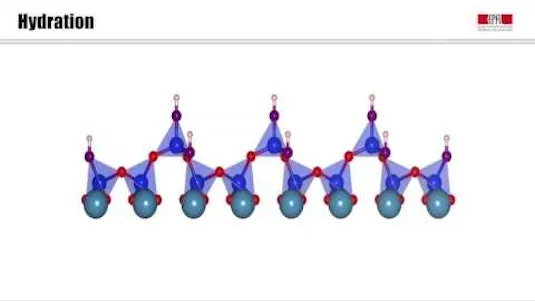
Cement Chemistry and Sustainable Cementitious Materials 
This course provides an introduction to cement chemistry and sustainable cementitious materials. You will learn the basics of cement hydration, how to test samples in isocalorimetry, and how to use X-ray diffraction to analyze cements. You will also gain knowledge in chemistry, physics, and crystallography. This 6-week course is designed for beginners, but prior knowledge in Materials Science is beneficial. ▼
ADVERTISEMENT
Course Feature
![]() Cost:
Cost:
Free
![]() Provider:
Provider:
Edx
![]() Certificate:
Certificate:
Paid Certification
![]() Language:
Language:
English
![]() Start Date:
Start Date:
Self paced
Course Overview
❗The content presented here is sourced directly from Edx platform. For comprehensive course details, including enrollment information, simply click on the 'Go to class' link on our website.
Updated in [May 25th, 2023]
This course on Cement Chemistry and Sustainable Cementitious Materials provides learners with a comprehensive overview of the chemistry and engineering behind cement and concrete. Learners will gain an understanding of the chemical and physical processes involved in cement hydration, and how to test and observe samples using isocalorimetry and scanning electron microscopy. They will also learn how to apply X-ray diffraction to cement and gain an understanding of the environmental and economical benefits of cement. This course is suitable for beginners, with no prior knowledge of cement required, although a bachelor degree in Materials Science or knowledge in chemistry, physics and crystallography will be beneficial. The course is 6 weeks long and includes theoretical courses and tutorials to test cement in the laboratory.
[Applications]
Upon completion of this course, participants will have a better understanding of cement chemistry and sustainable cementitious materials. They will be able to apply their knowledge to the design and production of cementitious materials, as well as to the testing and analysis of cement samples. Additionally, they will be able to use X-ray diffraction to analyze cement samples and to identify the phases present in the cement. Finally, they will be able to use isocalorimetry to track the hydration of cement samples.
[Career Paths]
1. Cement Chemist: Cement chemists are responsible for researching, developing, and testing new cementitious materials and processes. They must have a strong understanding of chemistry, physics, and crystallography, as well as the ability to work with a variety of laboratory equipment. As the demand for sustainable and eco-friendly construction materials increases, cement chemists will be in high demand to develop new materials and processes that meet these needs.
2. Cement Technician: Cement technicians are responsible for testing and analyzing cement samples in the laboratory. They must have a strong understanding of cement chemistry and be able to use a variety of laboratory equipment. As the demand for sustainable and eco-friendly construction materials increases, cement technicians will be in high demand to test and analyze new materials and processes.
3. Cement Engineer: Cement engineers are responsible for designing and constructing cement-based structures. They must have a strong understanding of cement chemistry, physics, and crystallography, as well as the ability to work with a variety of construction materials. As the demand for sustainable and eco-friendly construction materials increases, cement engineers will be in high demand to design and construct structures that meet these needs.
4. Cement Consultant: Cement consultants are responsible for providing advice and guidance to clients on the use of cementitious materials and processes. They must have a strong understanding of cement chemistry, physics, and crystallography, as well as the ability to work with a variety of clients. As the demand for sustainable and eco-friendly construction materials increases, cement consultants will be in high demand to provide advice and guidance on the use of these materials and processes.
[Education Paths]
1. Bachelor's Degree in Materials Science: A Bachelor's Degree in Materials Science is a great way to gain a comprehensive understanding of cement chemistry and sustainable cementitious materials. This degree program will provide students with a strong foundation in the fundamentals of chemistry, physics, and crystallography, as well as the latest advances in cement hydration. Students will also learn about the environmental and economical benefits of cement, and how to test samples in isocalorimetry and prepare and observe samples by scanning electron microscopy.
2. Master's Degree in Sustainable Cementitious Materials: A Master's Degree in Sustainable Cementitious Materials is a great way to gain a deeper understanding of cement chemistry and sustainable cementitious materials. This degree program will provide students with a comprehensive understanding of the fundamentals of chemistry, physics, and crystallography, as well as the latest advances in cement hydration. Students will also learn about the environmental and economical benefits of cement, and how to test samples in isocalorimetry and prepare and observe samples by scanning electron microscopy. Additionally, students will gain an understanding of the latest developments in sustainable cementitious materials, such as the use of recycled materials and alternative binders.
3. Doctoral Degree in Cement Chemistry: A Doctoral Degree in Cement Chemistry is a great way to gain a comprehensive understanding of cement chemistry and sustainable cementitious materials. This degree program will provide students with a strong foundation in the fundamentals of chemistry, physics, and crystallography, as well as the latest advances in cement hydration. Students will also learn about the environmental and economical benefits of cement, and how to test samples in isocalorimetry and prepare and observe samples by scanning electron microscopy. Additionally, students will gain an understanding of the latest developments in cement chemistry, such as the use of nanotechnology and advanced materials.
4. Certificate in Sustainable Cementitious Materials: A Certificate in Sustainable Cementitious Materials is a great way to gain a basic understanding of cement chemistry and sustainable cementitious materials. This certificate program will provide students with a basic understanding of the fundamentals of chemistry, physics, and crystallography, as well as the latest advances in cement hydration. Students will also learn about the environmental and economical benefits of cement, and how to test samples in isocalorimetry and prepare and observe samples by scanning electron microscopy. Additionally, students will gain an understanding of the latest developments in sustainable cementitious materials, such as the use of recycled materials and alternative binders.
Course Provider

Provider Edx's Stats at AZClass
Discussion and Reviews
0.0 (Based on 0 reviews)
Explore Similar Online Courses
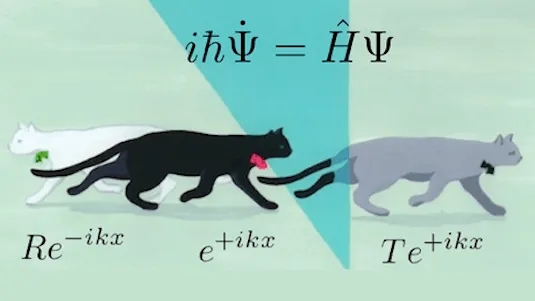
Exploring Quantum Physics From Coursera
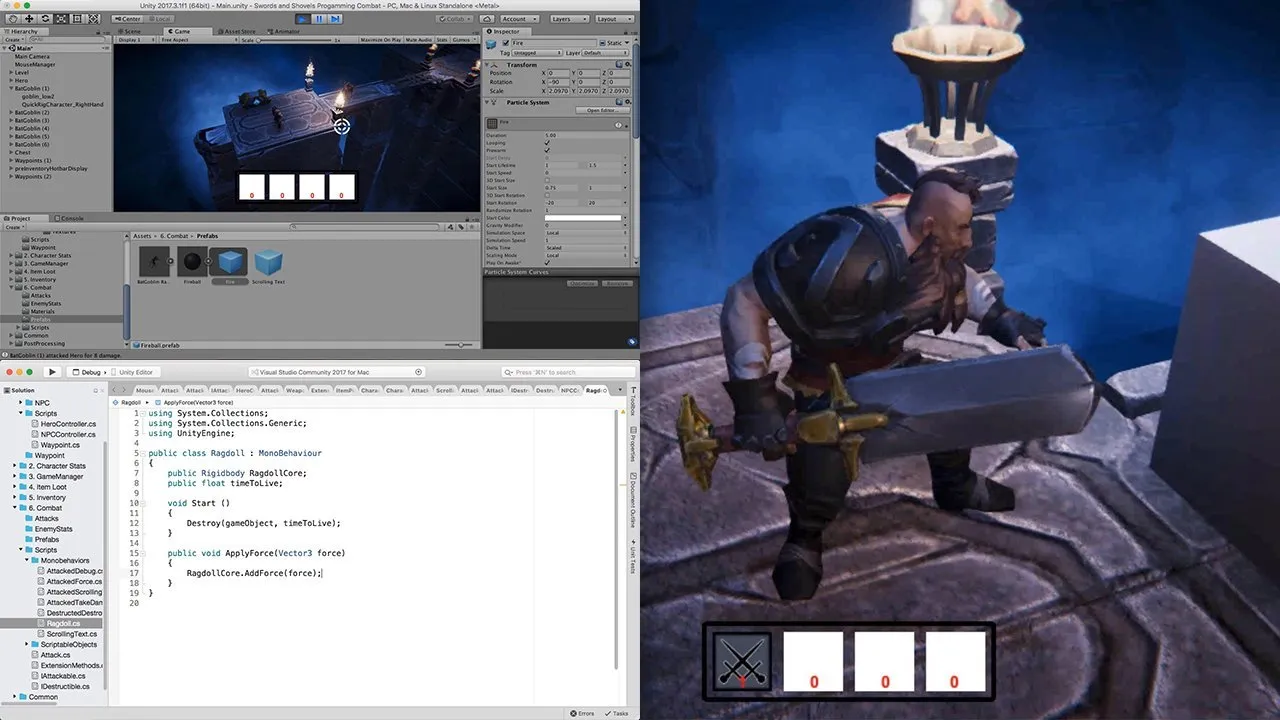
Swords and Shovels: Combat System

Python for Informatics: Exploring Information

Social Network Analysis

Introduction to Systematic Review and Meta-Analysis

The Analytics Edge

DCO042 - Python For Informatics

Causal Diagrams: Draw Your Assumptions Before Your Conclusions

Whole genome sequencing of bacterial genomes - tools and applications
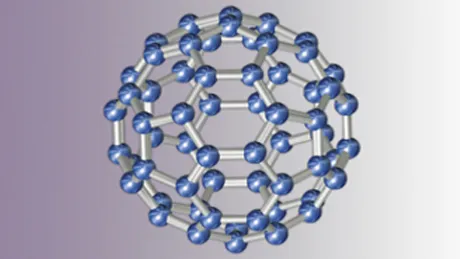
General Chemistry: Concept Development and Application
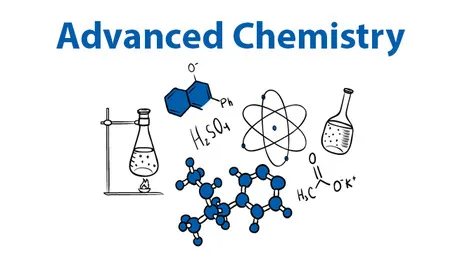
Advanced Chemistry


Start your review of Cement Chemistry and Sustainable Cementitious Materials